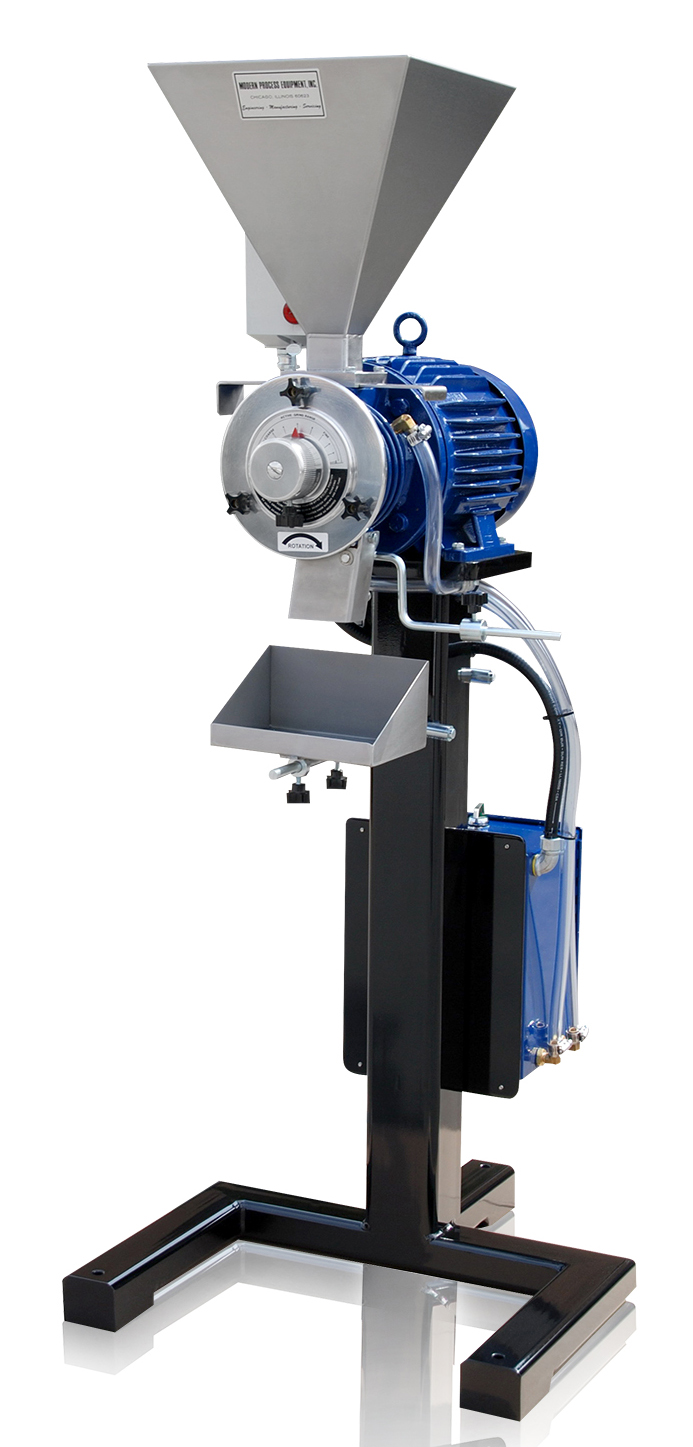Industrial Coffee Grinder: Essential for Coffee Shops and Cafés
Industrial Coffee Grinder: Essential for Coffee Shops and Cafés
Blog Article
Industrial Coffee Mill Overview: Boost Performance and High Quality
In the affordable landscape of coffee manufacturing, selecting the appropriate industrial coffee grinder plays a crucial function in boosting both performance and product top quality. Comprehending the nuances of different mill types and crucial attributes-- such as personalized work setups and durable construction-- can dramatically affect the final taste profile of the coffee.
Understanding Grinder Types
When selecting a commercial coffee grinder, recognizing the different kinds readily available is critical for optimizing both flavor extraction and functional performance. The two key kinds of grinders are blade grinders and burr mills.

Eventually, picking the ideal sort of grinder is essential to maintaining top quality and efficiency in coffee manufacturing, making it critical for companies to invest in high-grade burr grinders for ideal results.
Trick Attributes to Think About
Choosing a commercial coffee mill requires careful consideration of several key features that can considerably influence both efficiency and the overall coffee experience. One of the main aspects to assess is the grinding system. Burr grinders are generally preferred over blade mills, as they give a regular work dimension, which is essential for ideal extraction and taste.
Another crucial function is the grinder's ability. A functional grinder with several settings permits you to tailor the work dimension to different developing methods, boosting the coffee's taste account.
Assess the mill's sound degree, especially in a busy coffee shop or manufacturing setting, where extreme sound can be turbulent. Spending in a grinder that balances these features can substantially enhance both functional efficiency and the high quality of the coffee served.
Optimizing Grinding Process
To attain the finest results in coffee preparation, optimizing the grinding process is crucial. The work dimension substantially affects removal, taste, and total quality of the made coffee.


Furthermore, checking the grinding rate can enhance the procedure. Slower grinding frequently creates much less warmth, maintaining fragile flavors and scents. Alternatively, quicker grinding might create extreme heat, negatively affecting the coffee's high quality.
Upkeep and Treatment Tips
Proper maintenance and treatment of commercial coffee mills are vital for guaranteeing optimum performance and long life. Normal cleansing is the structure of maintenance; deposit accumulation can impact flavor and grinding efficiency. It is recommended to cleanse the grinder after each usage, wiping down the outside and getting rid continue reading this of any type of coffee premises from the burrs.
In addition, check the grinding this post burrs for deterioration. Dull burrs can compromise work uniformity, so they need to be changed as needed. Industrial Coffee Grinder. Periodically adjusting the grinder is additionally essential, as this preserves the wanted grind dimension for numerous developing techniques
Lubrication of relocating parts should be done according to the maker's specifications, as this minimizes friction and extends the life of the devices. It is vital to utilize food-grade lubricants to guarantee safety and security and conformity with wellness policies.
Lastly, maintain the mill in a steady and dry environment to stop corrosion and rust. By adhering to these maintenance and care suggestions, drivers can boost the effectiveness of their industrial coffee grinders while guaranteeing high-grade outcome and extended operational life.
Roi Evaluation
Examining the roi (ROI) for industrial coffee grinders is essential for services seeking to maximize their coffee production capacities. A detailed ROI evaluation helps identify the financial stability of purchasing high-quality grinders, enabling organizations to weigh the initial prices against possible gains.
To conduct an extensive ROI analysis, companies should consider a number of key elements. First, evaluate the purchase rate of Check Out Your URL the grinder, consisting of installation and any type of needed modifications to existing facilities. Next off, determine operational expenses, including power usage, maintenance costs, and labor performance improvements. High-performance grinders frequently cause decreased grinding time and increased throughput, which can considerably enhance efficiency.
Furthermore, think about the influence on product quality. Industrial Coffee Grinder. Superior grinders produce an even more constant grind dimension, which can boost taste profiles and customer complete satisfaction, eventually driving sales. By boosting the quality of the end product, businesses can validate higher prices, causing enhanced revenue
Final Thought
In summary, an industrial coffee mill plays a pivotal function in enhancing both performance and product high quality within coffee production. By choosing top quality burr grinders furnished with crucial features such as adjustable work setups and resilient building, services can guarantee optimum flavor removal. In addition, routine upkeep is crucial for sustaining grinder performance and optimizing consumer fulfillment. Inevitably, the tactical investment in a reliable grinder contributes dramatically to improved revenue and competition in the coffee industry.
In the affordable landscape of coffee manufacturing, selecting the right commercial coffee grinder plays a crucial role in improving both effectiveness and product top quality. The two key kinds of grinders are blade mills and burr grinders. Within the burr mill group, there are level burr mills and conelike burr mills, each with its advantages. Burr mills are typically chosen over blade mills, as they offer a consistent grind dimension, which is important for optimal extraction and taste.
In recap, a commercial coffee mill plays a pivotal role in boosting both efficiency and product high quality within coffee manufacturing.
Report this page